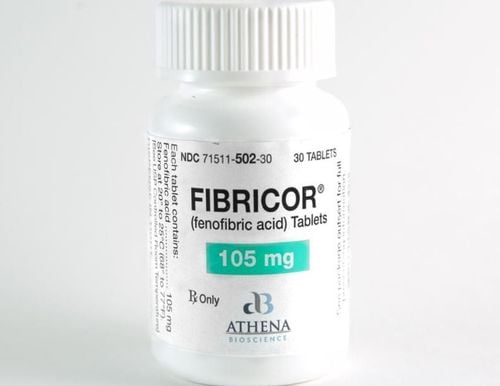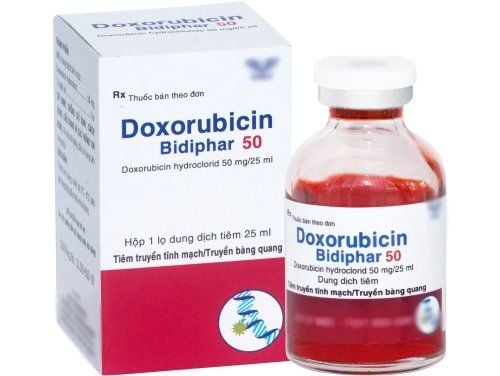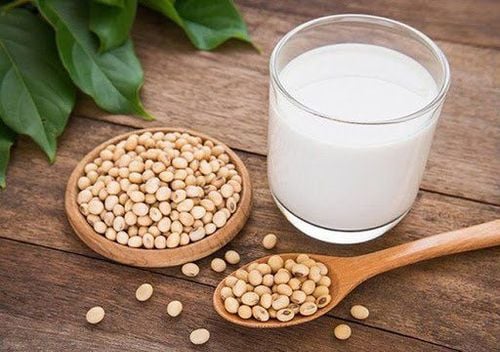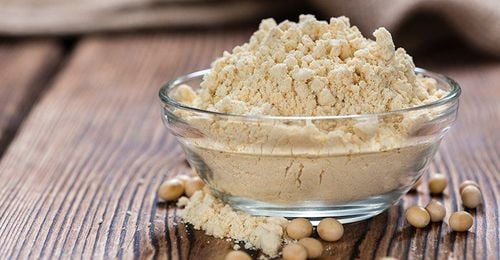This is an automatically translated article.
Nutrition for cancer patients plays a very important role. But there are many conflicting opinions about certain foods to eat or not to eat when you have breast cancer. Of these, soybeans are an example.
1. Does eating soybeans really increase the risk of breast cancer?
Studies show that a lifelong diet rich in soy foods reduces the risk of breast cancer in women. Soybeans contain protein, isoflavones, and fiber, all of which offer health benefits.It was once thought that soy foods increased the risk of breast cancer. However, eating moderate amounts of soy foods does not increase the risk of breast cancer or other cancers. A moderate amount is one to two servings per day of whole soy foods, such as tofu, soy milk, and edamame.
So where does the idea that soy increases breast cancer risk come from? Isoflavones, found in soybeans, are plant estrogens. High estrogen levels are associated with an increased risk of breast cancer. However, soy food sources do not contain high enough isoflavones to increase the risk of breast cancer.
On the other hand, soy or isoflavone supplements often contain high levels of isoflavones. Several studies have shown a link between isoflavones or soy supplements and breast cancer risk in women with a family or personal history of breast cancer or thyroid problems.
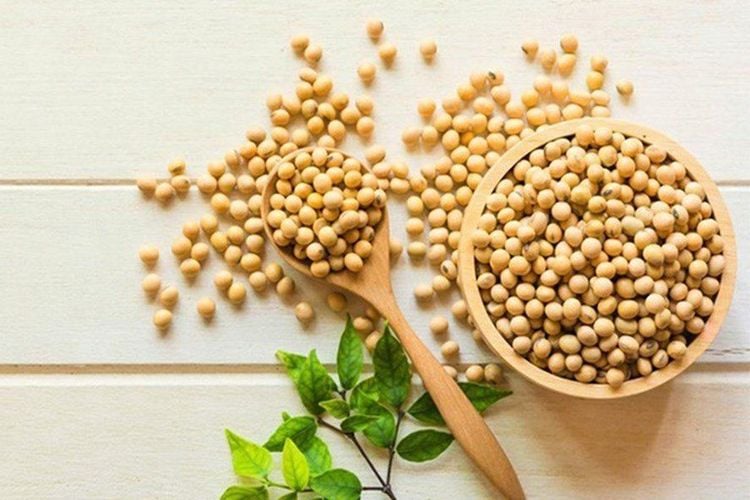
Đậu nành có chứa hàm lượng isoflavone
2. The true story of soy and the risk of breast cancer
There's a lot of conflicting information going around about soy: Is it healthy? Is it dangerous? Some misunderstandings stem from human and animal studies that may show different results.
In some animal studies, rodents exposed to high doses of soy compounds called isoflavones have been shown to have an increased risk of breast cancer. This is thought to be because the isoflavones in soy may act like estrogen in the body, and increased estrogen has been linked to certain types of breast cancer.
But rodents consume soy differently than humans, and similar results have not been seen in humans. In addition, the dose of isoflavones in animal studies was much higher than in humans. In fact, in human studies, the estrogenic effects of soy seem to have no effect at all, even reducing the risk of breast cancer.
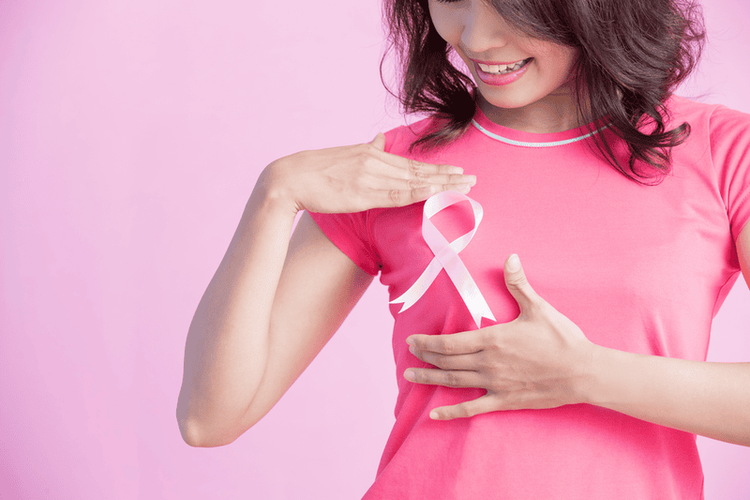
Estrogen của đậu nành giúp giảm nguy cơ ung thư vú
This may be because isoflavones can actually block the stronger natural estrogen in the blood. To date, evidence does not indicate any danger from eating soy in humans, and its health benefits appear to outweigh any potential risks.
In fact, there is growing evidence that eating traditional soy foods such as tofu, edamame, miso, and soy milk can reduce the risk of breast cancer, especially in Asian women. Soy foods are excellent sources of protein. Soy consumption has been linked to lower rates of heart disease and may even help lower cholesterol.
If you have a need for consultation and examination at the Hospitals of the National Health System, please book an appointment on the website for service.
Articles refer to sources: mayoclinic.org, cancer.org
Please dial HOTLINE for more information or register for an appointment HERE. Download MyVinmec app to make appointments faster and to manage your bookings easily.




